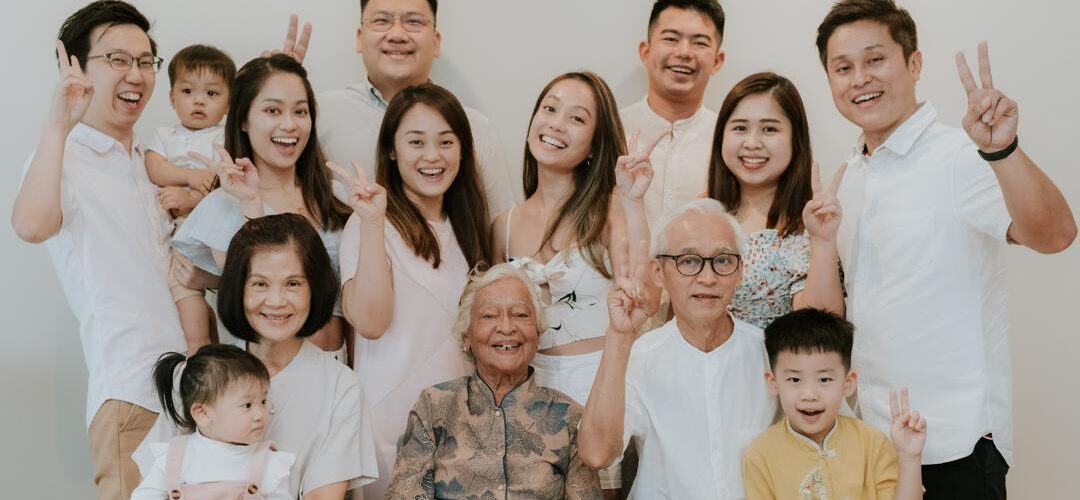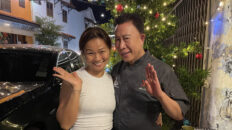Since 1958
This is Sin Bee King, a name that has stood the test of time since 1958. Now, with its third generation at the helm, the brand is poised to step into a new chapter—carrying with it not just the robust notes of a well-loved brew, but the soul of a Malaysian experience.
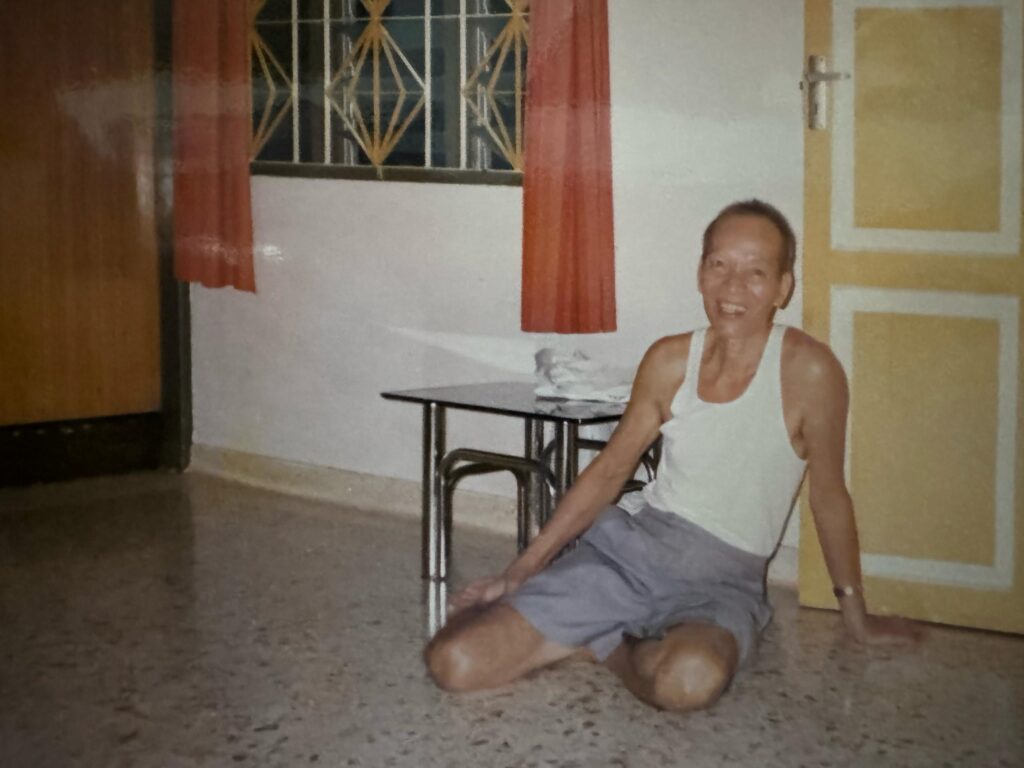
Sin Bee King was born from the journey of a boy—Josephine Goo’s grandfather—who came to Malaysia from Hainan, China, when he was just eight. He started out working in coffee shops and plantations, learning to roast beans and understand the intricacies of flavour by sheer immersion.
A Mural of Life
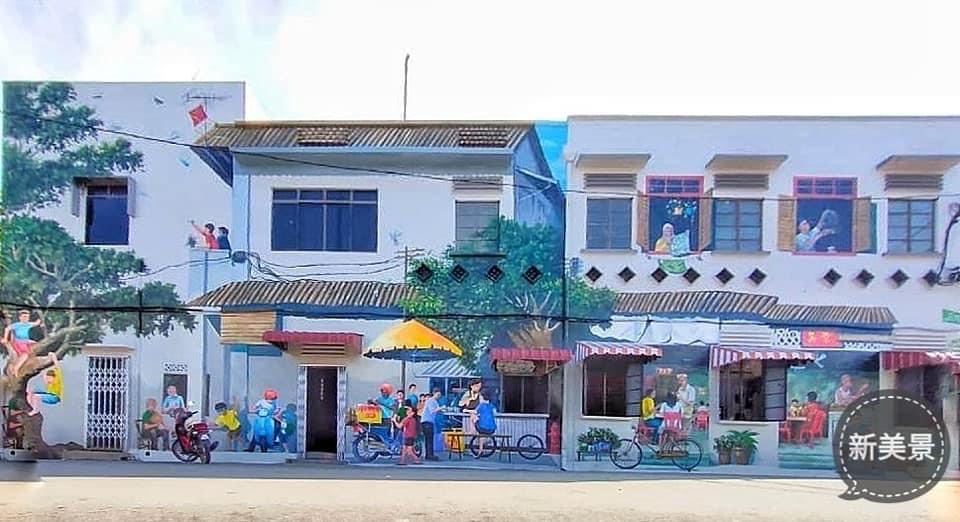
“In 1958, he and a friend finally opened a coffee shop,” said Josephine. “But it was only in 1983 that he took over fully and made it ours. That’s the year our family became the stewards of this legacy.”
The coffee shop, still standing in its original 1958 structure, quickly became a microcosm of Malaysia’s multicultural fabric. “At our shop, everyone sits together,” Josephine explained. “That’s the culture I want to preserve.”
This experience—of sharing a table across races, flavours, and generations—is more than nostalgia. It’s a living reality in Sin Bee King’s walls, where a mural commissioned by her father, depicts scenes of the multiracial fabric that brought the town together.
“We are seeing lesser and lesser if this charm and that’s why I want to preserve and bring it back—not just the taste, but the feeling,” she said.
An inevitable
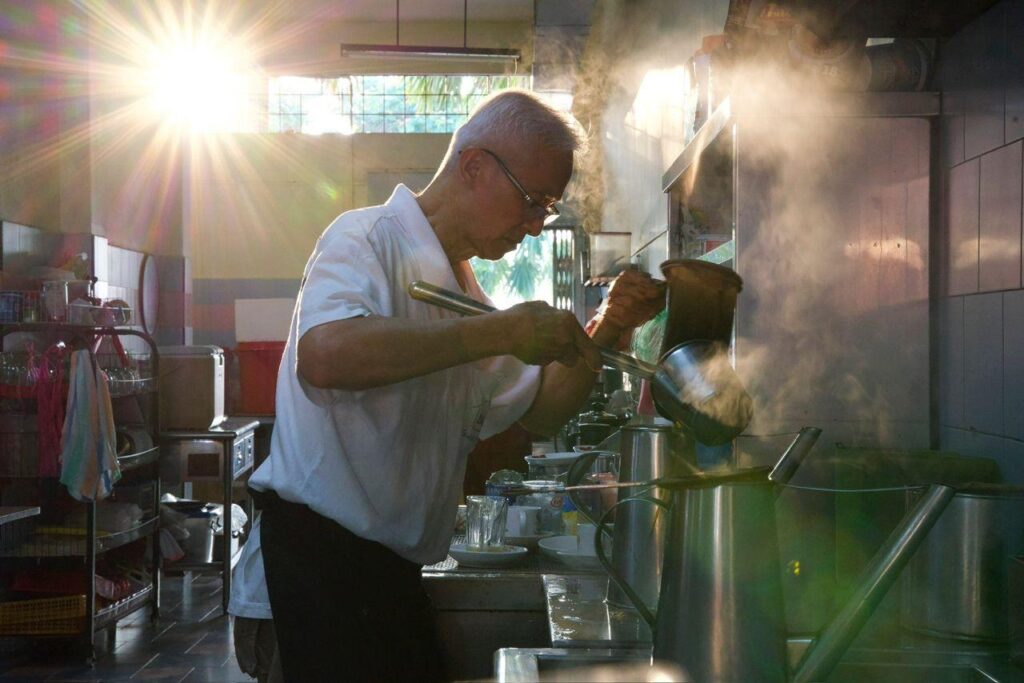
Josephine’s decision to run the family business wasn’t inevitable. “All of us—my siblings and I—we’ve settled in different towns. I’m the eldest. I have a background in finance. My brother is in shipping. My sisters are in nutrition and banking,” she shared. “We could have gone on with our lives, but I felt sad knowing the business might not go on. So I told my mother, I’ll do it—but only if we all do it together.”
Josephine leads, handling everything from production to marketing, while her siblings pitch in across design, sales, and logistics.
But continuing a family legacy is not just about sentiment—it’s about making it relevant. During the MCO, when the shop had to close temporarily, regular customers came knocking. “Some asked, ‘Can I tapau (takeaway) the coffee?’ That’s when I realised—we could package this experience,” Josephine recalled.
Honouring the Roast
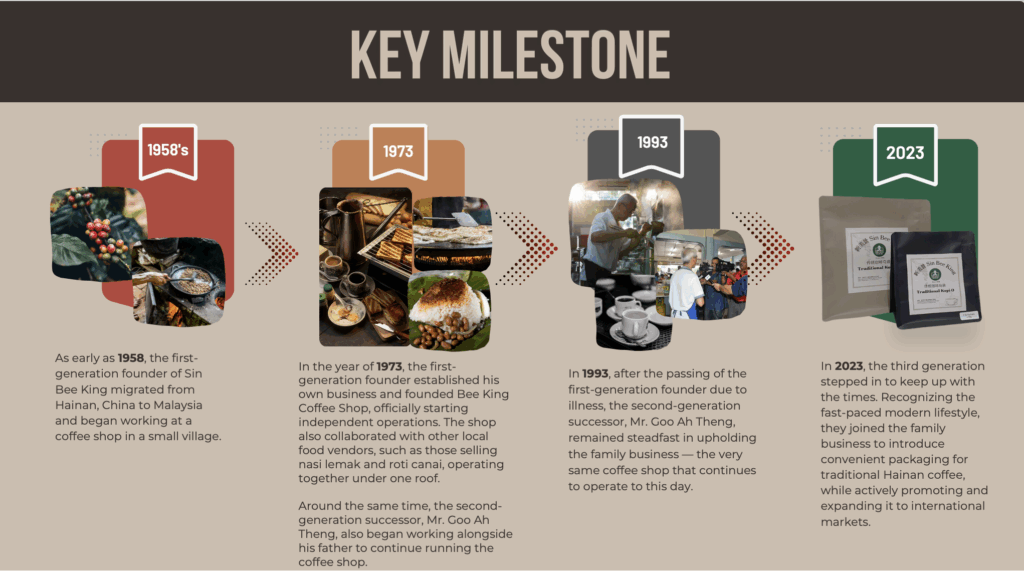
The idea of ‘sacheting’ the coffee’s soul into a product wasn’t just a business move. It was a pivot, a way to honour her grandfather’s roast while reaching new markets. “People from outstation—even Singapore—used to come and ask if they could buy a few kilos of our coffee powder. That’s when it clicked. Why not make it easier for them?”
And so began Sin Bee King’s journey into packaged coffee. But it wasn’t about competing with commercial brands. It was about defining an authentic taste—one that stood apart from the sour or overly bitter notes that dominate many market offerings. “Our coffee isn’t sour, and it’s not too bitter. It’s smooth enough to drink without sugar or milk,” Josephine explained. “Many people say, ‘This is really gao.’ That’s how you know it’s different.”
At the heart of that difference is the blend—a bold formulation that combines Robusta and Arabica with a rare bean: Liberica. “Most people don’t use Liberica because it’s expensive and harder to grow. But for us, it’s essential. It gives our coffee that boldness, that smooth chocolatey, woody note,” she said. “It’s less than 2% of the world’s coffee supply, but we use it as our base.”
A Liberican Story
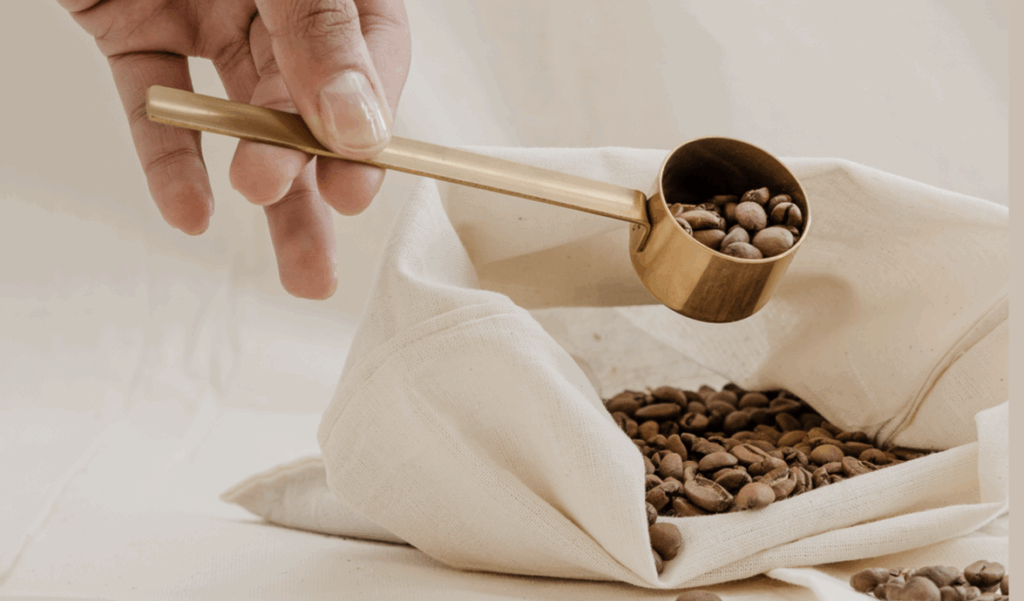
The story of Liberica is deeply Malaysian. Originally from Liberia, the bean found its second home in Malaysia’s tropical climate, growing well in places where Arabica and Robusta couldn’t. “Liberica used to be widely planted here,” Josephine noted. “My grandfather even grew and roasted his own beans. But over time, we passed the roasting to a trusted factory that still follows our recipe. We’ve gone through a few, just to get the flavour exactly right.”
That flavour, Josephine insisted, must never disappoint. “We don’t do 3-in-1s for now. The taste has to stay consistent—what you taste now must be what you taste next month, next year.”
Still, the journey hasn’t been without challenges. Selling a traditional product at a slightly premium price means confronting consumer expectations. “People ask, ‘Why so expensive? It’s just kopitiam coffee.’ But I always tell them—it’s not just kopitiam coffee. It’s a heritage blend. And it doesn’t taste like anything else.”
A Cultural Mission
And that’s the crux of it. Sin Bee King’s coffee isn’t trying to be another version of what’s already on shelves. It’s a bold declaration of a forgotten Malaysia—the one where mornings started with ‘kaya’ toast and ‘kopi’, shared by neighbours of any race or religion.
For Josephine, the business is also a cultural mission. “I want to promote Malaysian culture through this coffee—our Hainanese roots, the Nanyang style, a kampung-style community spirit,” she said. “It’s not just about selling coffee. It’s about sharing a way of life.”
Looking ahead, she sees export as the next frontier. “Malaysia’s market is small and crowded. But there’s a real opportunity overseas—people are looking for something authentic, something bold, something with a story,” she shared. “This coffee has that story.”
The New Bee King
Sin Bee King, meaning “New Bee King” in Hokkien, is aptly named. “Bee King” is her father’s name, and “Sin” marks a new chapter—a respectful evolution of legacy.
It’s rare for a business to survive three generations, rarer still to do it while staying true to its roots. But with Josephine and her family leading the way, Sin Bee King is brewing more than coffee. It’s reviving a flavour, a memory, and a uniquely Malaysian spirit.
“The authentic flavour keeps people coming back,” Josephine enthused. “But it’s the culture we’re holding on to. That’s what truly matters.”



